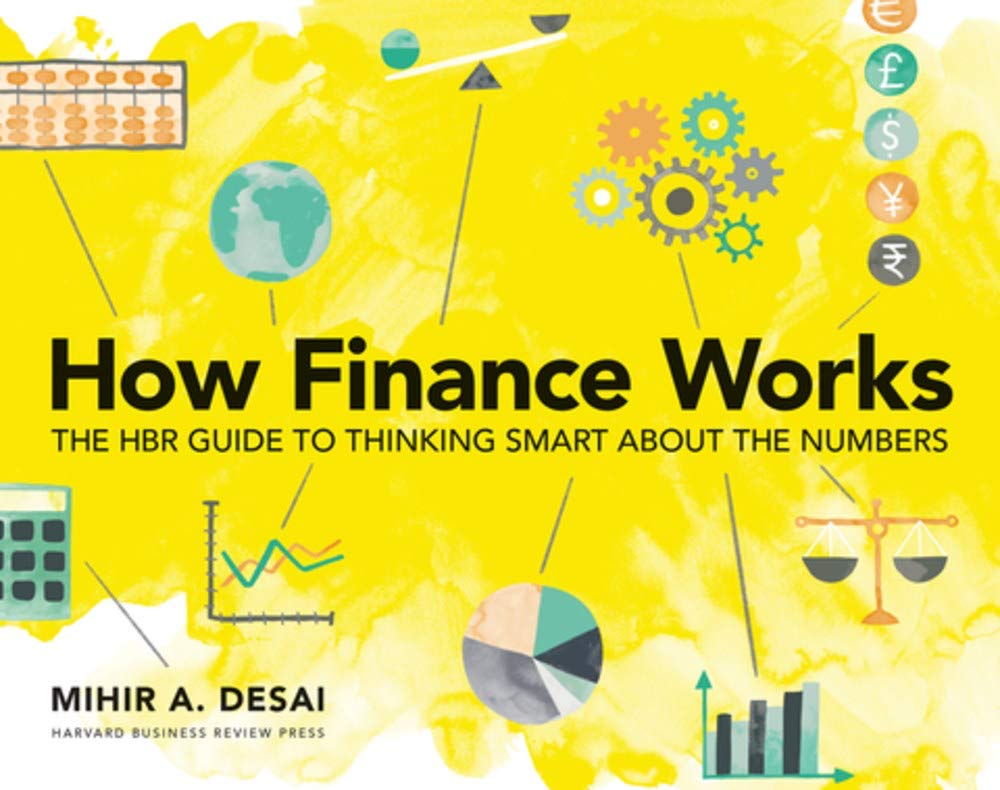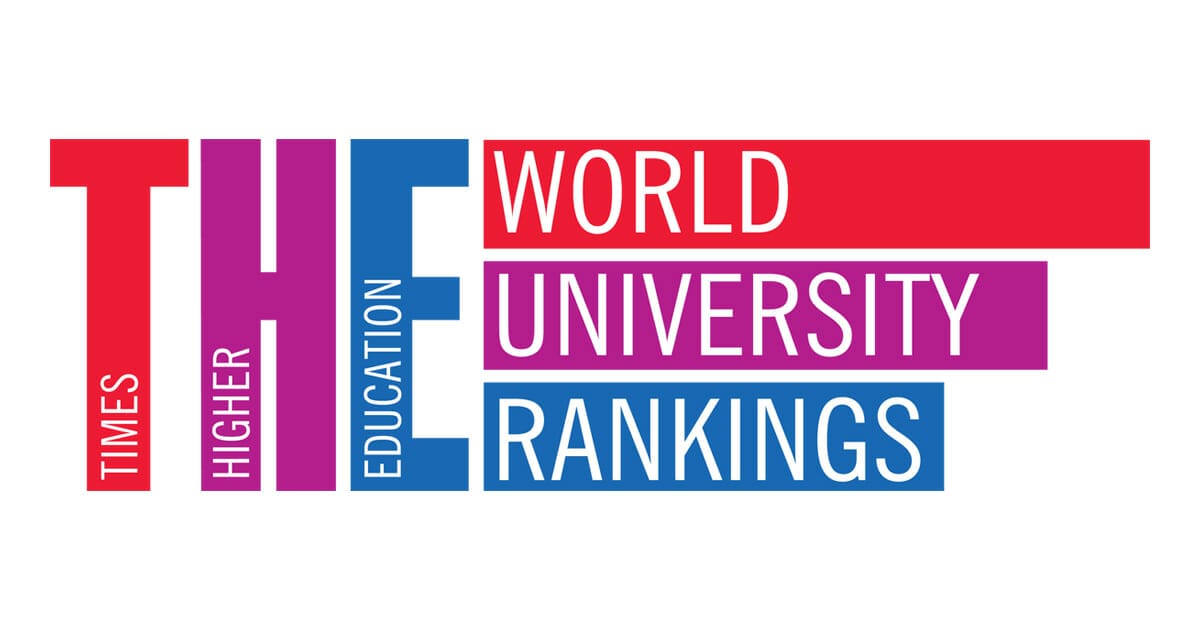Videos
Learn More About Mihir Desai
Finance is the lifeblood of our economy. The ability of firms and individuals to spend and borrow capital is essential to both the startups changing the landscape of society and to the big companies that employ millions of people. For almost two decades, Mihir Desai, Mizuho Financial Group Professor of Finance at Harvard Business School and professor of law at Harvard Law School, has researched and written about economies across the world and how policymakers could make them more prosperous and productive. Now, he’s speaking to business leaders about his groundbreaking findings on tax policy, finance, productivity and foreign investment, and providing future-thinking advice for how to adjust their business strategies to the oncoming challenges of digital life.
Desai’s extensive research spans the general direction of the global economy, ethics in finance and tax code simplification frameworks. His lens on such issues as mergers and acquisitions, both domestically and internationally, enables corporations to better understand and navigate the choppy and changing waters of the world economy. In a globalized economy where tax, regulatory and investment climates sharply diverge and are constantly in flux, companies must rely on the expertise of multifaceted experts like Desai to understand where they should target growth, how they should deal with regulatory and political complexities and what they can expect in the future. As debate continues on tax reform in the U.S. and elsewhere, Desai’s research serves as a compass for executives, asset managers, investors, lawmakers and laypeople looking to make sense of finance and the global economic order.
Vividly illustrating the intricacies of finance through literature, Desai’s bestselling book, “The Wisdom of Finance: Discovering Humanity in the World of Risk and Return” (Houghton Mifflin Harcourt, May 2017), seeks to change the narrative and popular image of the financial industry. An award-winning teacher, Desai argues that transparency and honesty will bridge the divide between financial institutions and the people they serve. His book “How Finance Works: The HBR Guide to Thinking Smart About the Numbers,” (HBR Press, April 2019) centers on managing investors by understanding their mindset and values, a key asset in a world where transparency is demanded and communication is essential.
Desai’s research has been cited and reported on in The Economist, BusinessWeek, The New York Times, and Forbes. He received his doctorate degree in political economy from Harvard University, Master of Business Administration as a Baker Scholar from Harvard Business School, and a bachelor’s degree in history and economics from Brown University. In 1994, he was a Fulbright Scholar to India.
Mihir Desai is available to advise your organization via virtual and in-person consulting meetings, interactive workshops and customized keynotes through the exclusive representation of Stern Speakers & Advisors, a division of Stern Strategy Group®.
Navigating Economic and Financial Chaos
The global economy is facing an unprecedented number of challenges, including sharply rising interest rates, bank crises, and the prospect of a recession. But, there are sharply conflicting signals about the underlying health of the global economy as unemployment remains startlingly low and consumers appear strong. How can companies and investors navigate these conflicting signals? How can we address all this economic complexity? In this talk, Harvard Business School professor Mihir Desai, author of “The Wisdom of Finance: Discovering Humanity in the World of Risk and Return,” dissects this economic moment, frames the challenges, and provides the tools required to organize a response to this unusually volatile macroeconomic moment.
The Wisdom of Finance: Discovering Humanity in the World of Risk and Return
Finance has often been perceived as a business of swindling and deceit and as a boring matter of spreadsheets and numbers. What makes both these impressions problematic is that finance is actually the lifeblood of our economy, as well as a moral and creative pursuit. Yet it lacks nearly any defenders on these grounds. Until now, that is. In this presentation based on his book “The Wisdom of Finance: Discovering Humanity in the World of Risk and Return,” Harvard Business School professor Mihir Desai examines, through the prism of literature and moral philosophy, how finance betters individuals and the world. Since the financial crisis of 2008, finance as an industry and profession has been tarnished as morally suspect and corrupt. Firms and individuals in finance have failed to regain (or gain at all) the public’s trust in their methods and motives. In his writing and speaking, Desai reveals that if the financial industry is to survive popular disdain – and the political and regulatory attacks that come with it – those who work in and benefit from finance must mount a vigorous defense of its core principles of creation, growth and moral worth. In the process, men and women who work in finance will gain a better insight into their own careers and lives and, perhaps, a better understanding of what they do and how they can do it better.
The Future of Finance: Regulation, Recessions and Digital Technology
Finance is changing. In addition to the political and regulatory hurdles the industry has faced since 2008, finance is also succumbing to the massive technological disruption which increasingly drives and jeopardizes our economy. In this presentation designed to equip financial professionals with the tools needed to usher their industry into the emerging world of the 21st century, Mihir Desai lays out the fundamentals of anticipating future financial challenges. He addresses questions related to how financial professionals can better prevent future crises, defend the industry’s vitality and reputation in the face of political and regulatory challenges, and how to both prepare the industry for game-changing technology and take advantage of those changes to propel finance into the future.
Tax Policy: Perils, Pitfalls and Progress
Whether discussing health care, education, business or economic growth, tax policy is central to the issue. The debate over the proper collection of revenue – the rates, the structure, the incentives and penalties – dominates political conversation over the future of the economy and public services. While few deny that America’s complex and byzantine tax system needs to be overhauled, there is fierce disagreement over both the utility and fairness of various proposals. Free from partisan identification, Mihir Desai cuts through the bickering to offer his own plan to maximize growth and revenue while maintaining the fundamental principles of fairness and equity. Uniquely equipped to diagnose the problems with America’s tax system, Desai employs an economist’s rigor and a tax lawyer’s intricate knowledge of one of the world’s most complicated revenue codes to dissect, analyze, and pronounce judgment on the various reform proposals brought forth by politicians and policymakers. His presentation’s diagnosis of what is wrong with the current tax code and what is needed to fix it fairly and responsibly is invaluable to corporate executives, business owners and all U.S. citizens seeking to understand how the present system and its alternatives will affect them, for better or worse.

How Finance Works: The HBR Guide to Thinking Smart About the Numbers
(Harvard Business Review Press, April 2019)

The Wisdom of Finance: Discovering Humanity in the World of Risk and Return
(Houghton Mifflin Harcourt, May 2017)
Praise for “How Finance Works”
“Mihir’s book provides the perfect combination of intuitive explanations, contemporary examples, and rigor so that both finance pros and novices can truly enhance their capabilities.”
“Informative and engaging, this book . . . is a must-read for business students and aspiring business leaders–or anyone looking to deepen their understanding of finance.”
“Professor Mihir Desai’s advice–both practical and witty–was an inspiration when I was a student at Harvard Business School. . . I’m thrilled that he’s written this book so that even more people can benefit from his wisdom!”
“Mihir Desai’s book on how finance works is masterful at laying bare the simple truths and the commonsense principles that underlie much of finance. . . readers, no matter what their background or interests, will come out more informed and enlightened by the journey.”
“For anyone who wants to be able to utilize financial information. . . How Finance Works provides clarity and guidance to what can be, for many, an intimidating arena.”
“Finally, someone has provided a mechanism for gaining intuition about finance for those of us who deliberately avoided any financial studies in school.”
“Professor Desai has accomplished a rare feat: transforming the typically complex and often dry subject of finance into a lively and accessible tour de force, without trivializing its importance.”
“Mihir manages to make finance fun and accessible–and, by the end of it, you’ll have the confidence, intuition, and understanding you need to succeed as a leader or executive in any organization.”













































